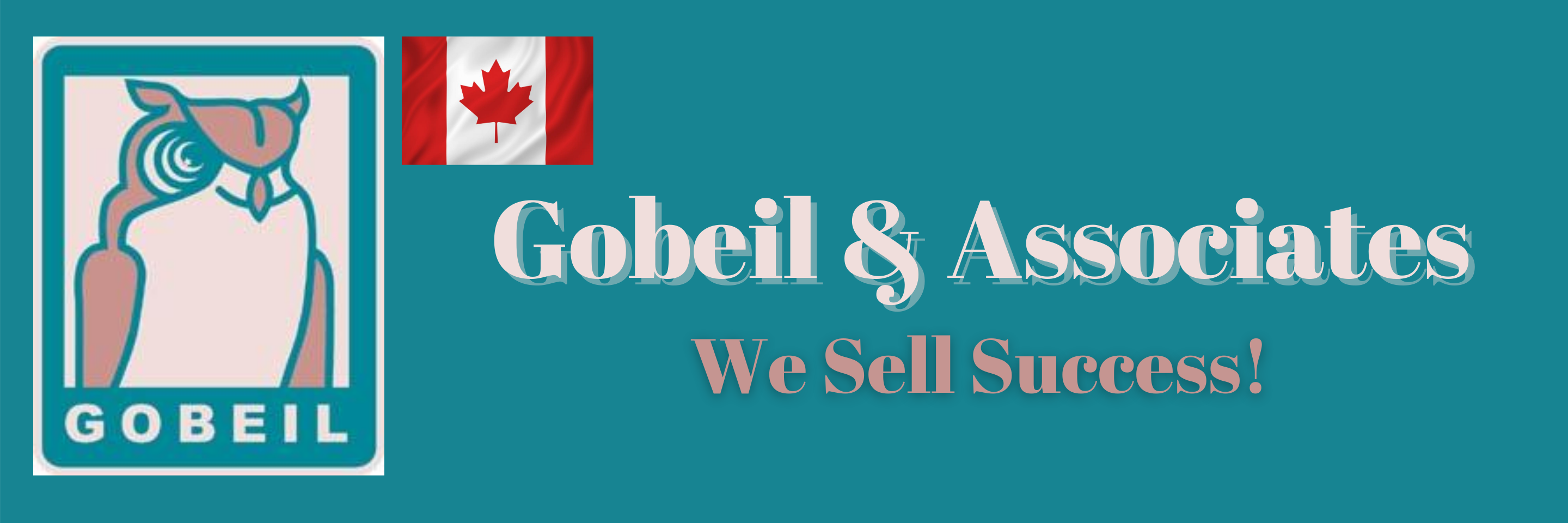Excess Withdrawals from Your RRSP or RRIF – Part 2
Excess Withdrawals from Your RRSP or RRIF – Part 2
There are situations to only withdraw the required minimum amounts and there are situations to make excess withdrawals from a RRIF. Plus, there are other considerations.
Spousal beneficiary designations
“The investment firm told me that I must leave my RRIF to my spouse.”
That is common guidance, but it misses the bigger picture. There are situations to leave your RRIF to your spouse and there are situations to NOT leave your RRIF to your spouse.
When your spouse is designated as the beneficiary of your RRIF, the remaining funds can be transferred directly to their RRIF. This transfer is tax-deferred, which means that your spouse will not have to pay taxes on the funds at the time of your death. Instead, they will pay taxes on the withdrawals that they make from the RRIF in the future, just as they would with their own retirement accounts.
However, if both of you expect to have large amounts of RRIF funds at death, it makes no sense to dump the total amount on the Final Return of the last to die. Only the first $250,000 is taxed according to the graduated tax rates and the amount in excess of $250,00 is taxed at the top marginal rate, 53% in Ontario.
You could be better to have the funds taxed on your Final Return. How will you know? Prepare a retirement plan and evaluate the two alternatives. You can do so with The Canadian Retirement Planner's Software.
So, consider whether you should name your spouse as the beneficiary.
Contingent beneficiary
A contingent beneficiary is the person or entity designated to receive the assets of a retirement account, such as a RRIF, if the primary beneficiary is unable or unwilling to do so. This arrangement ensures that the funds are distributed according to the account holder's wishes, even if unforeseen circumstances arise.
You could designate your spouse as the primary beneficiary of your RRIF. Your spouse could refute the benefit if your spouse wishes. If your spouse predeceases you or refutes the benefit, a Family Trust could be the contingent beneficiary. Under the terms of the Trust Deed, the Trustee could be required to estimate the income tax that will be levied on the RRIF funds on your Final Return and remit the amount to your personal account with Canada Revenue Agency.
No fuss, no muss! The funds go directly to your chosen beneficiary, there is no requirement for probating your will, and funds are paid to CRA to settle your income tax liability.
Family Trust
The popular media suggests that establishing a Family Trust is a very expensive proposition for legal and accounting fees. You require neither a lawyer nor a CPA to administer a Family Trust. Our Family Trust saves the Family thousands of dollars in income tax each year. Topic for another Blog.
For more insights, check out the blogs/emails, Excess Funds from Your RRIF - Part 3, coming next week.
YOU must take the initiative to shape your retirement finances for your benefit.
David R. Gobeil, MSc, CPA, CA, CFP®
Gobeil & Associates
